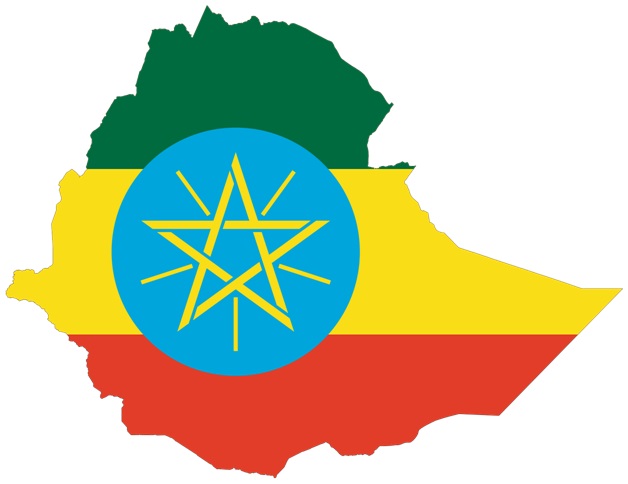
ADDIS ABABA– A research by master card impact Center revealed how Technology could promote growth in 6 African Countries including Ethiopia.
In a research project funded by the Mastercard Impact Fund administered by the Mastercard Center for Inclusive Growth, at the tufts fletcher school researchers examined three primary categories of levers that could translate digital technology uptake into development and inclusive growth, jobs enabled by digital platforms, institutional drivers necessary for digital success; and the foundational digital potential of the six key countries Ethiopia, Egypt, Kenya, Nigeria, Rwanda and south Africa respectively.
The research unveiled that while it has the most ground to cover among the six countries studied, Ethiopia is experiencing positive developments in several areas that can facilitate digitally enabled growth. Prime Minister Abiy Ahmed, who won the 2019 Nobel Peace Prize, has a background in and understanding of the tech sector and has been implementing reform in a number of sectors, including privatization of several state-owned entities.
Ethiopia has also been upgrading its infrastructure, with a USD20 billion investment in the power sector. Overall enrollment in higher education facilities in the country have grown five-fold since 2005, and the government has a policy of training 70% of students in STEM; so the human capital base is strong.
With a fast-emerging tech hub, also known as ‘Sheba Valley,’ the country has had several homegrown ride-hail ventures, Ride and ZayRide, startup marketplaces, Gebeya and BlueMoon, as well as an agtech incubator and seed fund. Ethiopia can leverage advances in adjacent areas: there is a growing manufacturing industry and use of advanced technologies, such as block chain use in tracking the supply chain and enhancing trade in coffee beans.
According to the research with only 15% of its population online, low spread of 3G and 4G technologies, and low use of digital payments only 12% of the population over 15 years of age made or received a digital payment in 2016 , there is plenty of headroom for digital growth. Ethiopia must close a deep digital divide, invest in basic infrastructure, and facilitate competition. Internet access needs to be made more affordable and reliable for the average Ethiopian.
The research indicated that the country is almost entirely reliant on cash, and would benefit from a regulatory environment that builds trust in digital money Privatization of key sectors can help catalyse competition and an entrepreneurial climate. A key development that could lead the way is the privatization of the telecoms sector.
‘Ensuring reliability of the key infrastructure should be prioritized. An unreliable power supply, along with intentional internet shutdowns during anti-government protests, states of emergency, or to limit exam cheating, are all primary barriers to the country’s digital evolution’ disclosed the research.
The Ethiopian Herald Sunday Edition, December 22/2019
BY FASICA BERHANE





